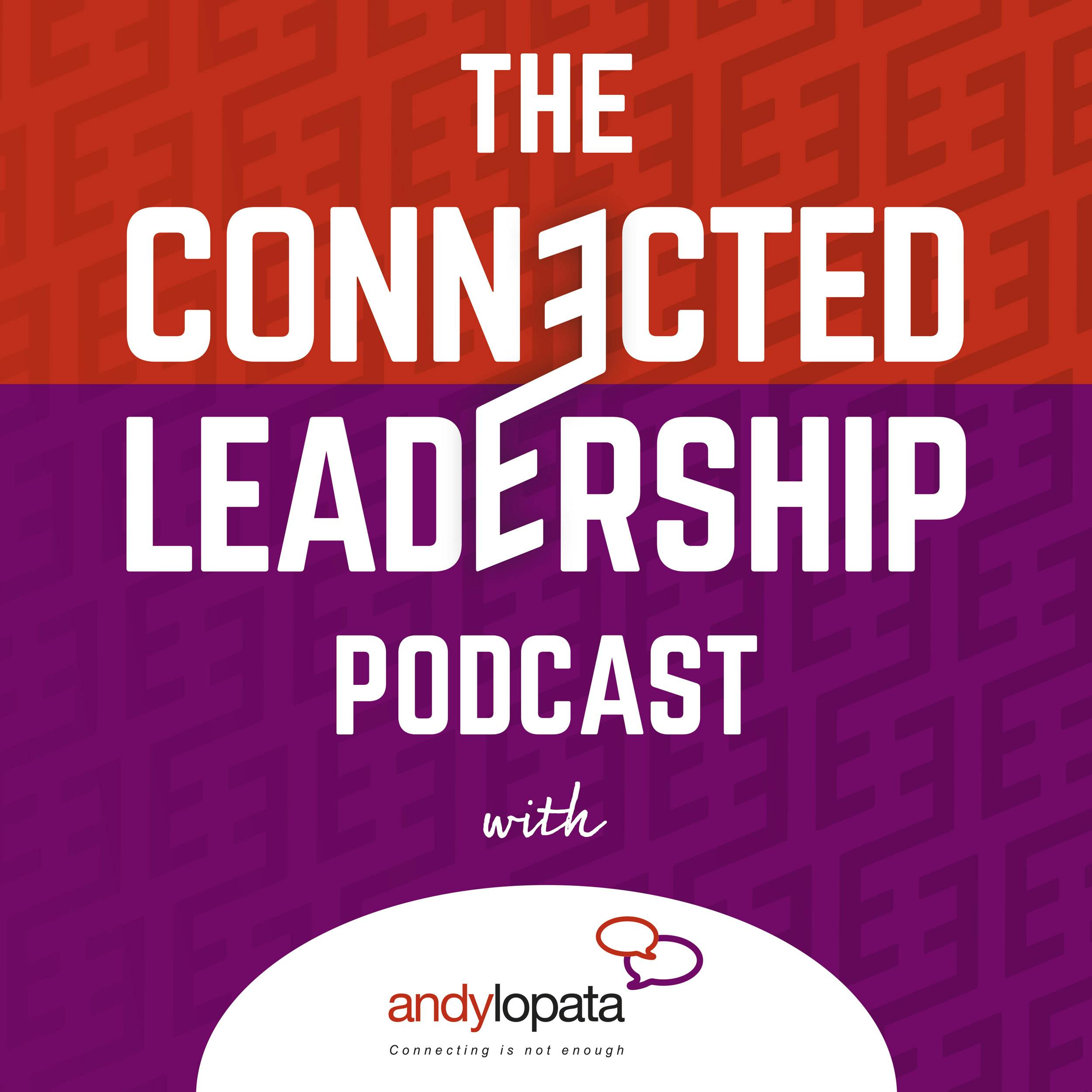'Move Fast, Break (the Right) Things' with Shannon Lucas & Tracey Lovejoy
Description
This episode of the Connected Leadership podcast investigates the world of catalysts, those individuals who possess an unstoppable drive to create change. Tracey Lovejoy and Shannon Lucas, co-founders and co-CEOs of Catalyst Constellations, share their insights on identifying, nurturing, and harnessing the power of these change-makers within organisations.
The conversation begins by defining what it means to be a catalyst, going beyond the chemical definition to highlight the key attributes of these individuals: their rapid information processing, ability to synthesise ideas, visionary thinking, inherent drive towards action, experimentation mindset, and the perception they give others as risk-takers and perceptive individuals.
Andy, Tracey, and Shannon then explore the challenges catalysts face in navigating relationships, particularly in conservative environments where their drive for change might be perceived as disruptive or even toxic. Tracey and Shannon emphasise the importance of cultivating self-awareness and interpersonal skills among catalysts, particularly at the executive level, where their impact can be significant. They acknowledge that while some catalysts naturally excel at building relationships, others need to develop these skills to effectively drive change.
Shannon recounts her own journey as a catalyst within Vodafone, highlighting the importance of networks and communities for support, especially when facing burnout. She explains how her personal burnout experience led to the creation of Catalyst Constellations and the retreat format they utilise to provide catalysts with a safe space to connect, reflect, and recharge.
Andy and his guests explore the importance of self-awareness and self-compassion for catalysts. Tracey and Shannon also highlight the importance of building relationships with other catalysts and creating a network of support and understanding.
The discussion touches on the importance of cognitive diversity within teams and how catalysts can contribute to a more inclusive and innovative work environment. Shannon shares examples of how diverse cohorts of catalysts, across industries, roles, and backgrounds, can drive significant organisational impact.
The conversation then addresses the challenge of identifying catalysts within organisations, recognising that traditional personality profiling tools may not be sufficient. Tracey and Shannon emphasise the importance of listening to the observations of colleagues and bosses, as they often provide valuable insights into an individual's catalytic potential. They also highlight the importance of understanding an individual's relationship with risk, recognising that catalysts often view inaction as a greater risk than taking action to drive change.
The episode leaves listeners with a renewed understanding of the vital role that catalysts play in today's fast-paced world. It provides valuable insights into identifying, supporting, and harnessing the power of these change-makers to drive positive change within organisations and beyond.
Connect with Andy Lopata: Website | Instagram | LinkedIn | X/Twitter | YouTube
Connect with Tracey Lovejoy: Website |LinkedIn
Connect with Shannon Lucas: Website |LinkedIn
The Financial Times Guide to Mentoring
Move Fast, Break Ship,
Burnout" book by Tracy Lovejoy and Shannon Lucas
More Episodes
In this episode of the Connected Leadership Bytes, we feature Andy Lopata’s guest interview on the Authority Podcast with Ross Romano. Andy is a specialist speaker on professional relationships and co-author with Dr Ruth Gotian, of the Financial Times Guide to Mentoring.
Mentoring in its various...
Published 11/25/24
This week, Connected Leadership Bytes dives into a conversation with Paul McGee, author and speaker known for his book “SUMO (Shut Up, Move On) and his latest release “The Happiness Revolution”. Andy and Paul explore the complexities of happiness in a world filled with technological advancements...
Published 11/18/24
Published 11/18/24


